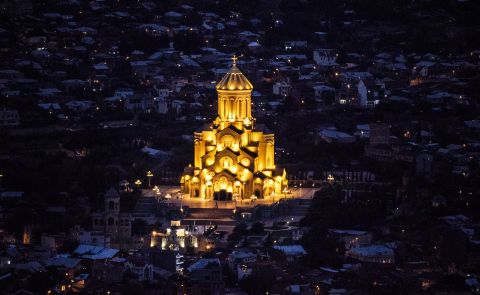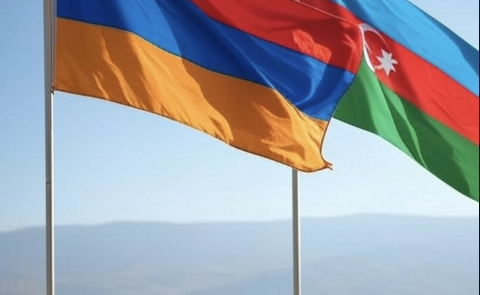
Leader of Separatist South Ossetia Met Russian President
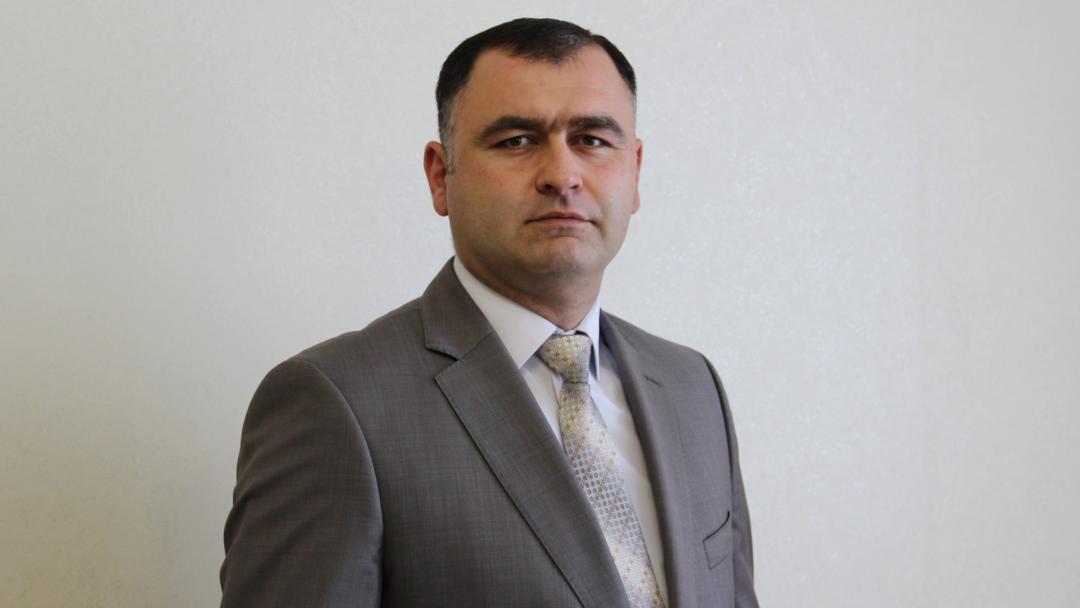
On March 16, a meeting was held in Moscow between the de facto president of the occupied Tskhinvali region, Alan Gagloev, and the Russian president, Vladimir Putin. The meeting had been postponed from the end of February due to Gagloev being confirmed to have the coronavirus.
This was the first meeting between Gagloev and Putin, and Putin promised Gagloev that Russia would continue to provide all possible support to South Ossetia in solving socio-economic problems and ensuring national security. Gagloev expressed his gratitude to Putin for Russia's recognition of South Ossetia's independence and its assistance during the August 2008 war. Putin and Gagloev also discussed the economic ties between South Ossetia and the Russian Federation, including investment, financial aid, and the presence of a military base in South Ossetia.
This is Gagloev's first meeting with Vladimir Putin. He assumed the position of de facto president in May last year after defeating Anatoly Bibilov. Putin then limited himself only to congratulations. He did not meet Gagloev for almost 10 months. Putin promised Gagloev that Russia will continue to provide all possible support to South Ossetia in solving socio-economic problems and ensuring national security.
"I will not describe the relations between Russia and South Ossetia - there is no need to comment here. I would like to note that our relations are developing in all directions. For example, cargo turnover increased by 12 percent last year, which is a good indicator. An investment program is being developed, a socio-economic development program, a financial and credit program is being developed. A military base is located on the territory of the Republic of South Ossetia for the security of South Ossetia. Close cooperation has been established between the relevant agencies," Putin said at the meeting with Gagloev.
On his part, Gagloev called Russia the main ally of South Ossetia. He noted that the only development vector of South Ossetia is integration with the Russian Federation. According to Gagloev, the Ossetian people will always be grateful for the rescue of the Russian leadership and recognition of independence. "We remember that in the most difficult times, the Russian Federation always stood by us. He supports us and has given us invaluable help so far. We remember August 2008, when the people of South Ossetia faced the threat of complete destruction, but after a timely and correct decision, the aggressor stopped. We don't just say words of thanks and pay our debt with deeds, in a special military operation Ossetian fighters together with Russian brothers defend our common history, values and beliefs. I must mention that everyone goes there confident of victory. Many of them are also awarded with Russian state awards. This year we celebrate the 15th anniversary of the recognition of South Ossetia's independence, I take this opportunity to invite you to be the most honored guest of South Ossetia," Gagloev told Vladimir Putin.
On August 26, 2008, by order of the President of the Russian Federation, Dmitry Medvedev, the occupied Tskhinvali region was recognized by Russia as a sovereign and independent state. On September 9, 2008, the so-called Diplomatic relations, on September 17, 2008, the Treaty of Friendship, Cooperation and Mutual Assistance was signed between the Russian Federation and the occupied region. On April 27, 2009, in Tskhinvali, the so-called The embassy was opened.
During the August 2008 war, more than 30,000 Georgian citizens from the Tskhinvali region became displaced. Villages inhabited by ethnic Georgians were burned. Russian aviation bombarded the cities of Georgia, civilians were killed by the bombings. The end of the war was made possible by the Medvedev-Sarkozy-Saakashvili agreement of August 12, according to which the Russian army should return to the situation before August 7 and international observers should enter the Tskhinvali region, however, Russia does not fulfill this agreement. Until now the creeping occupation continues in the region, the occupying force detains civilians and restricts their free movement.
See Also

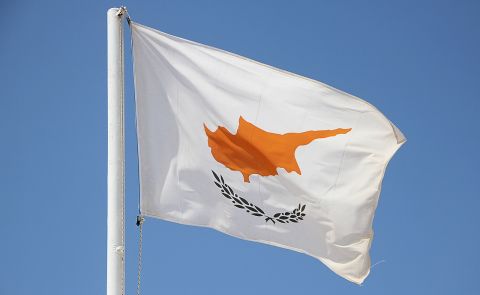
Cyprus Pledges Support for Displaced Armenians and Trilateral Partnership
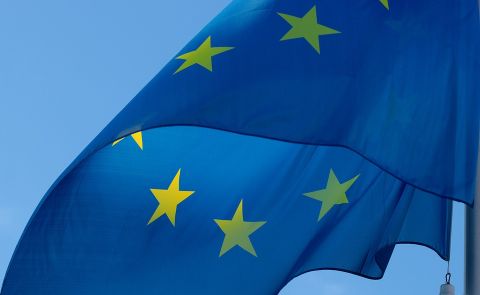
EU Official Encourages Turkey to Deepen Role in South Caucasus Stability
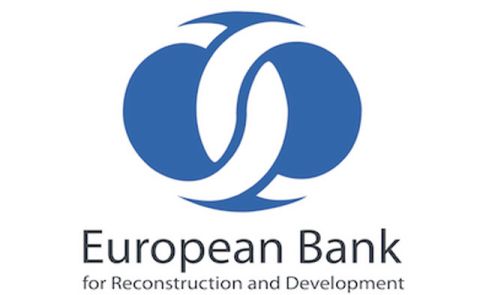
Armenia, EBRD Mark €400M Investment Milestone in Strategic Partnership
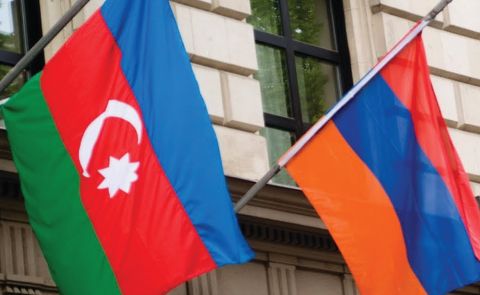
Armenian and Azerbaijani Officials Hold Separate Talks With Iranian Counterparts in Tehran
